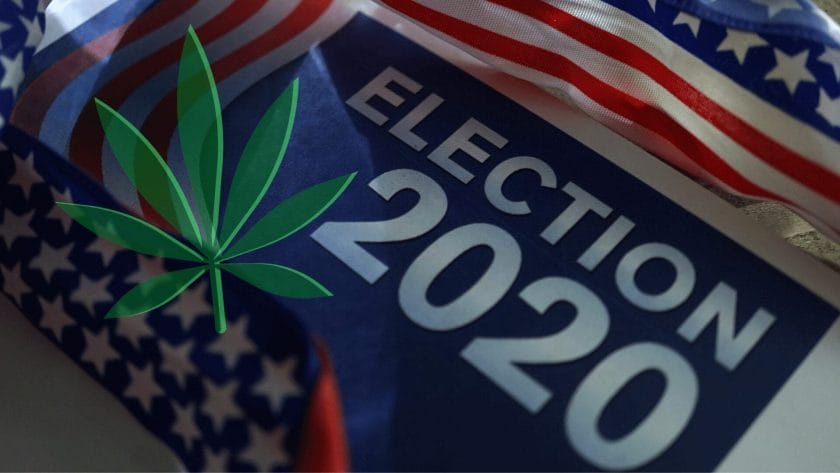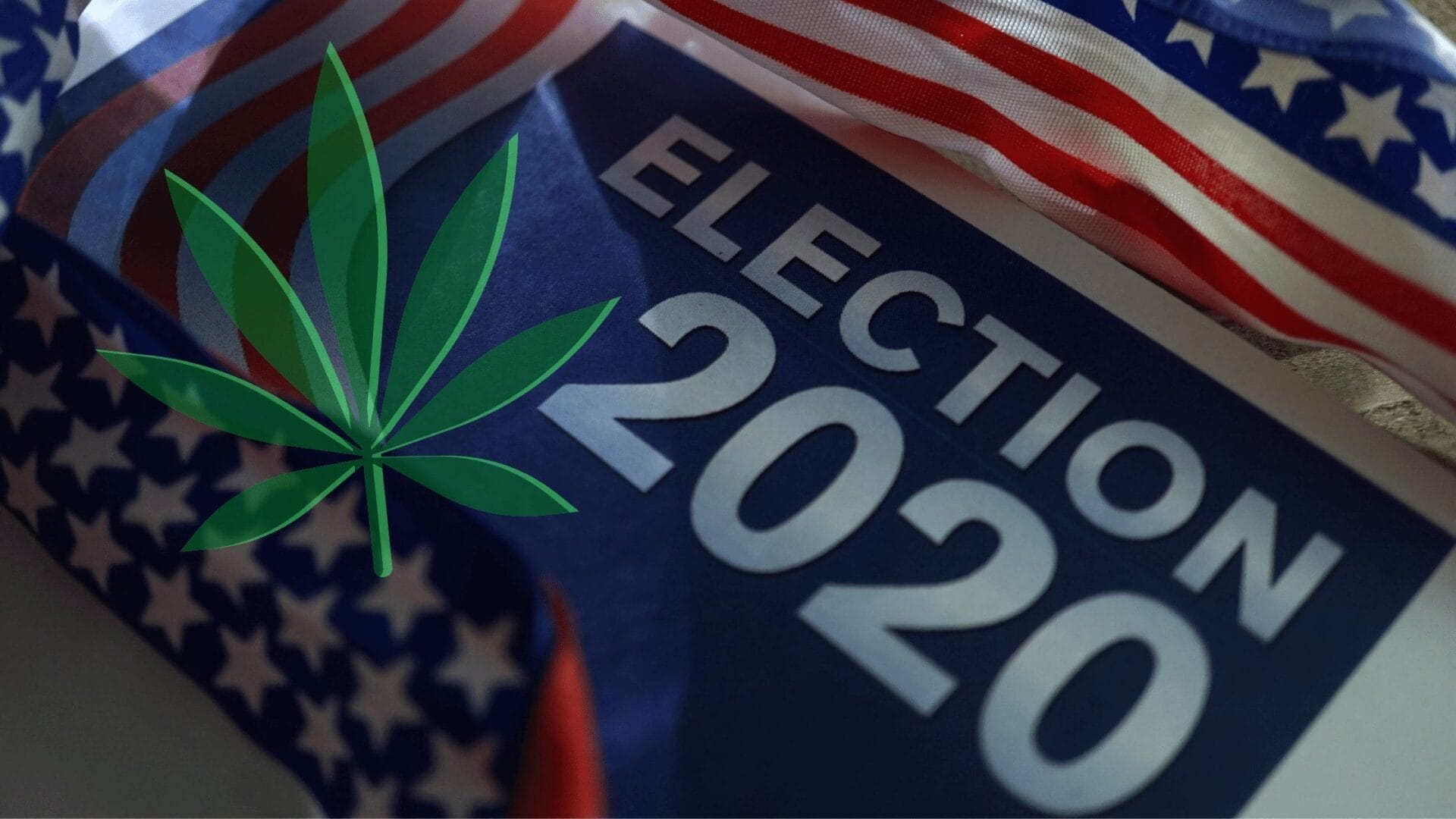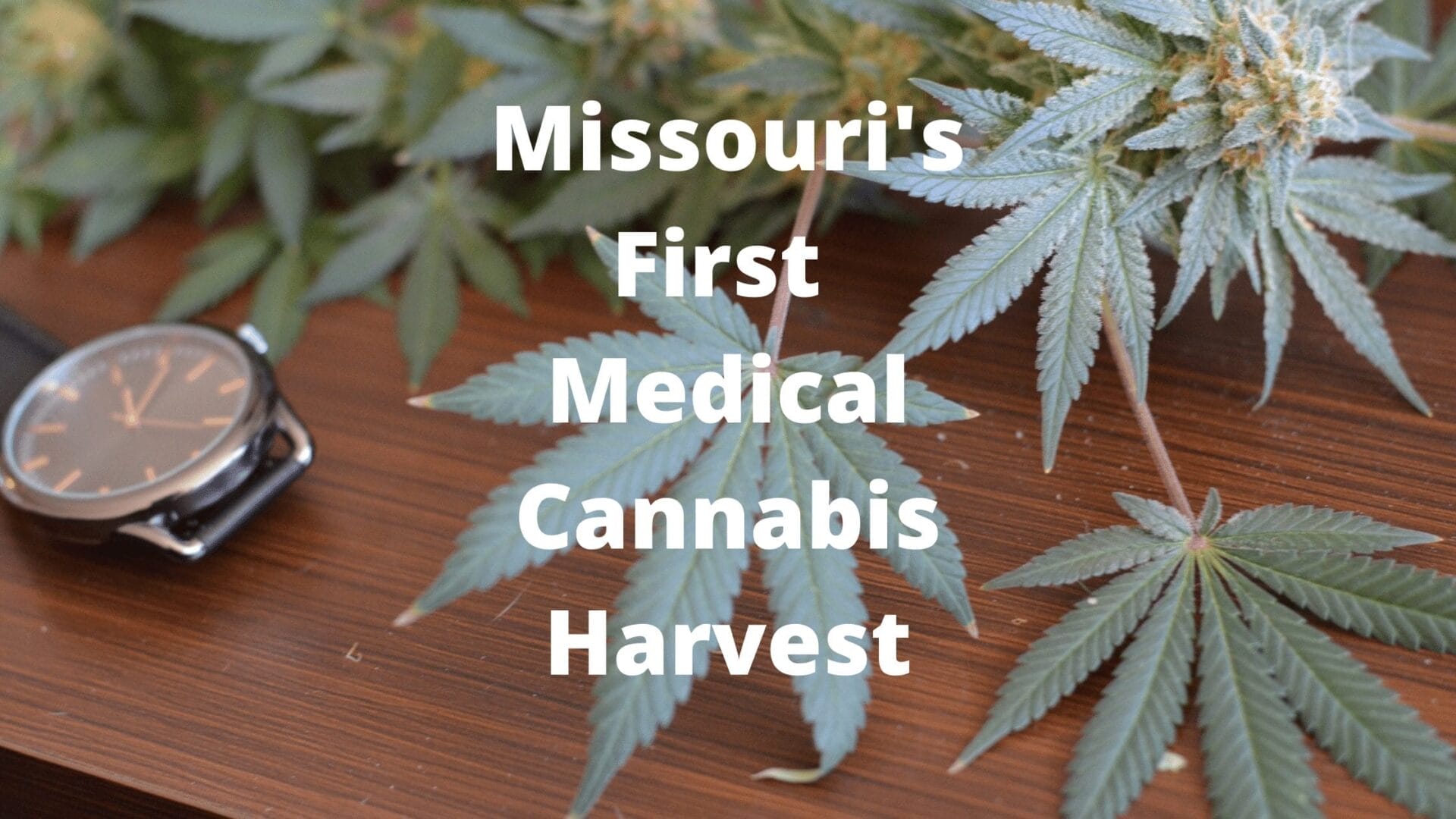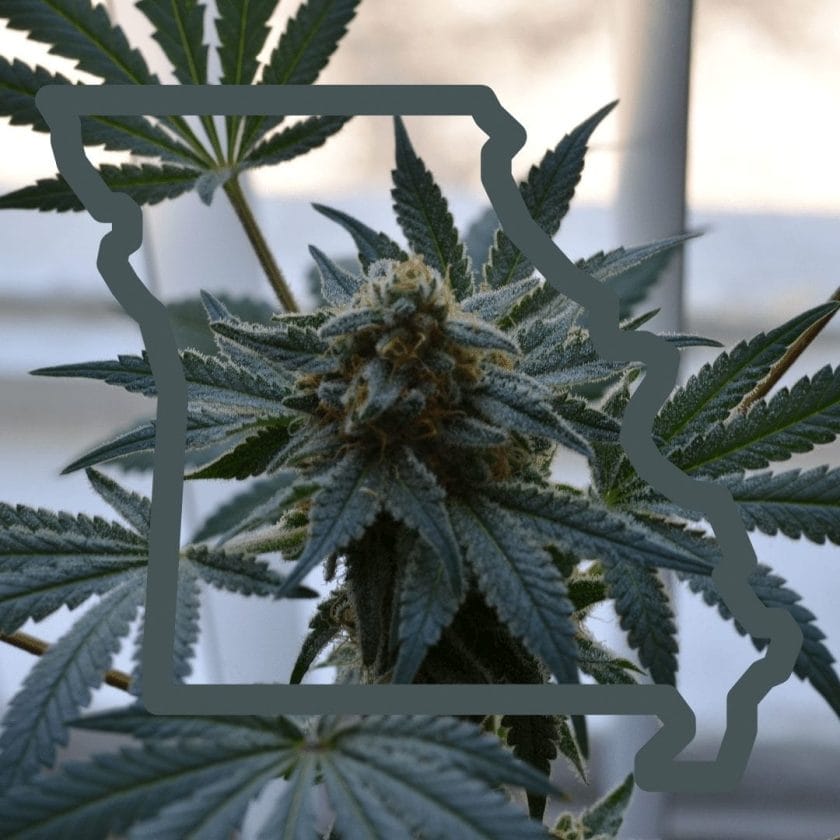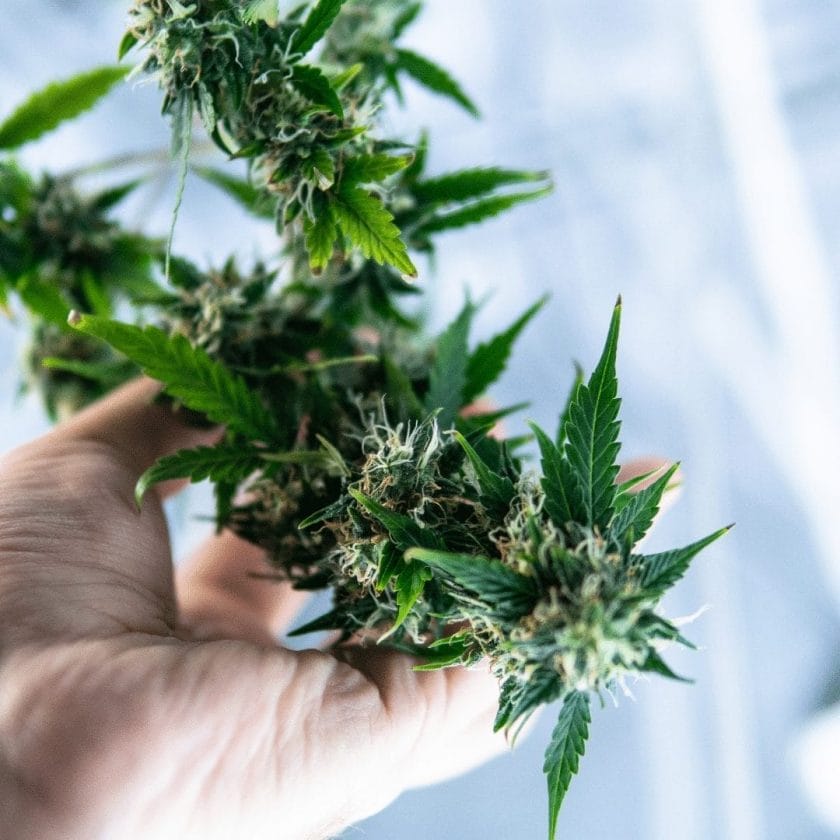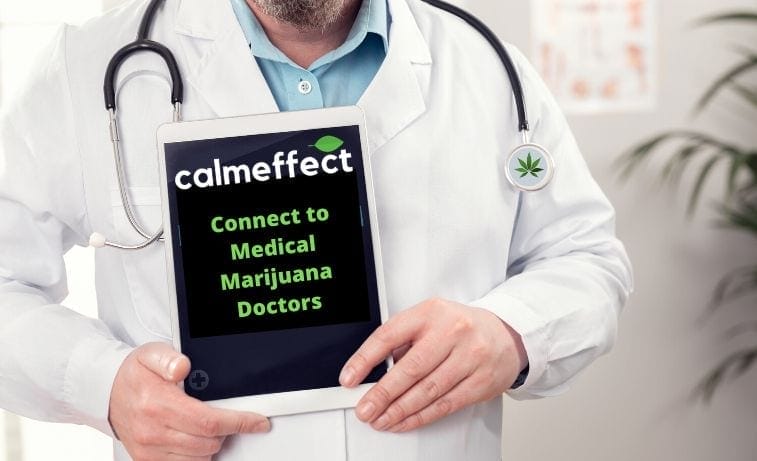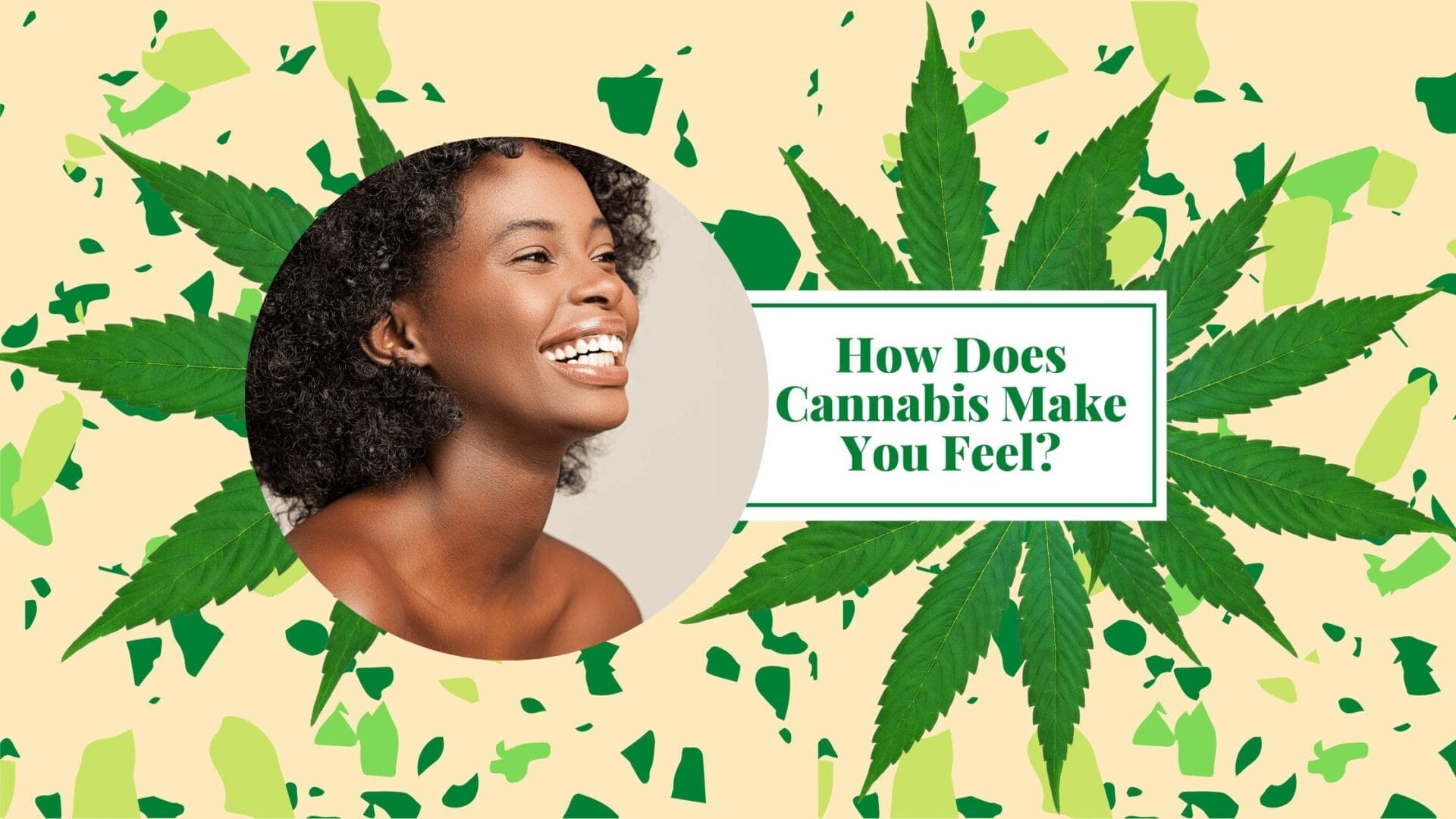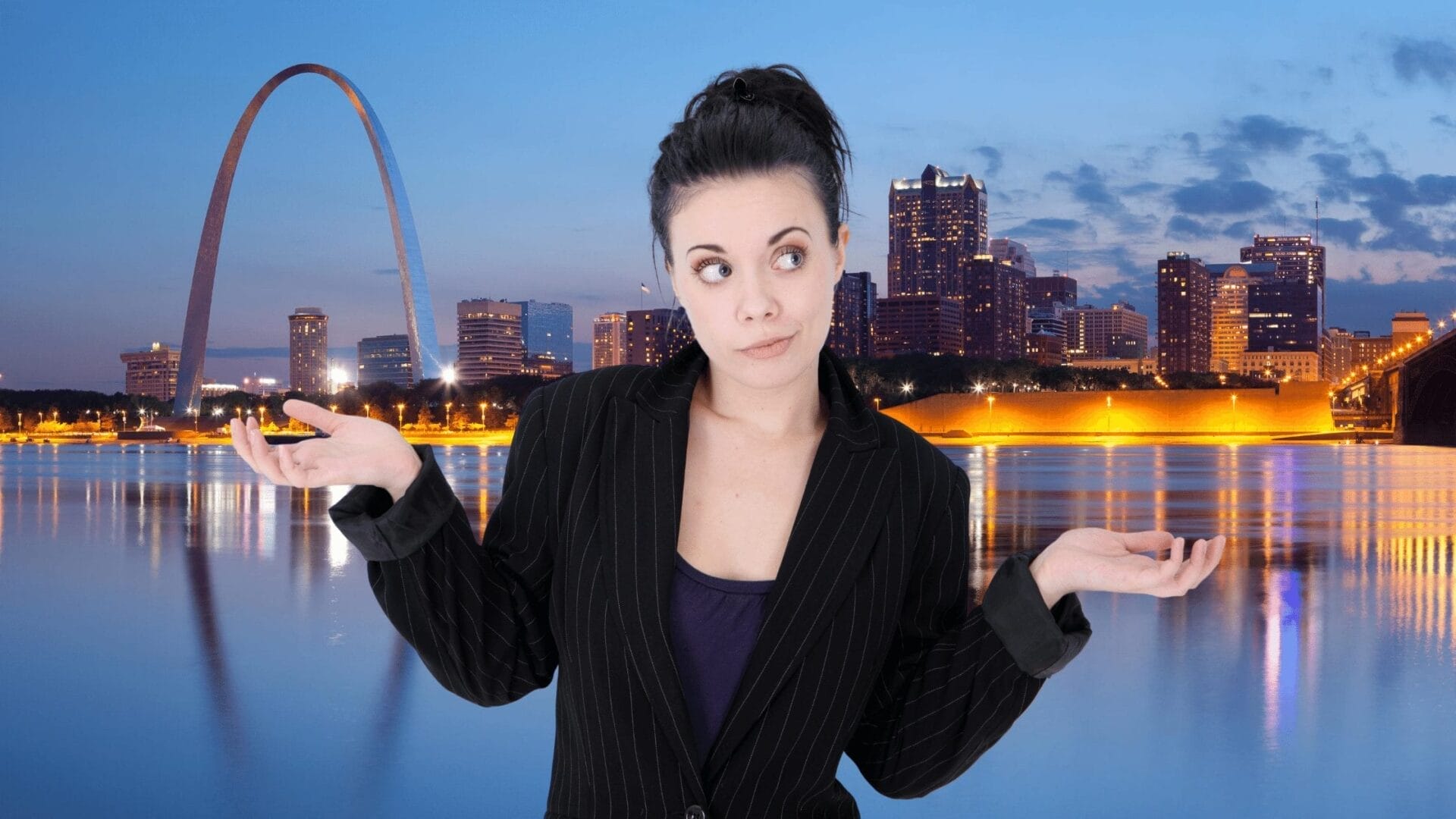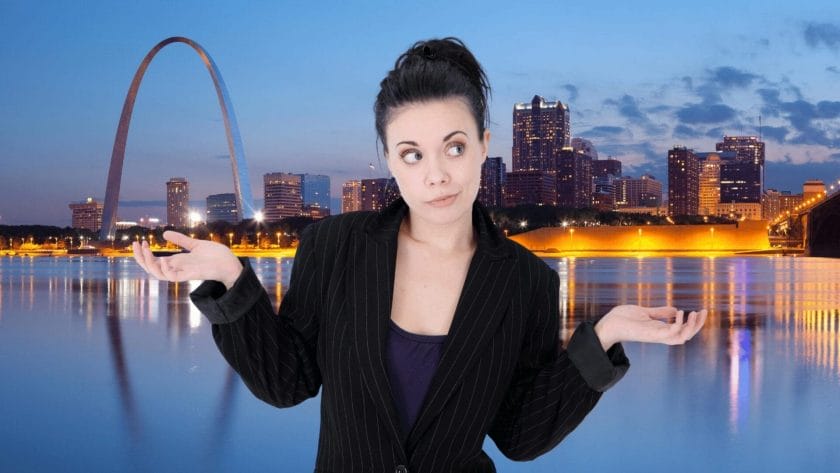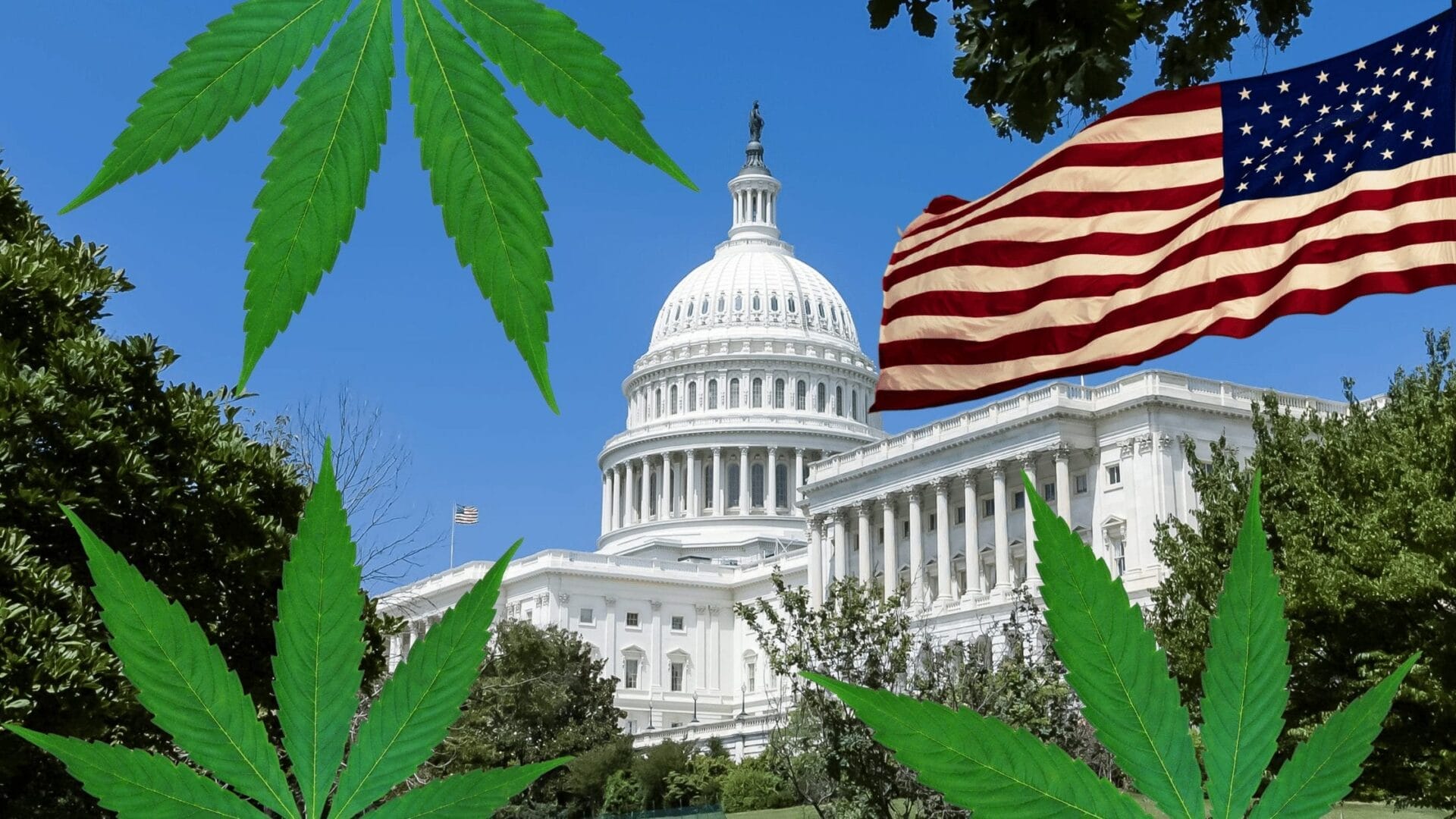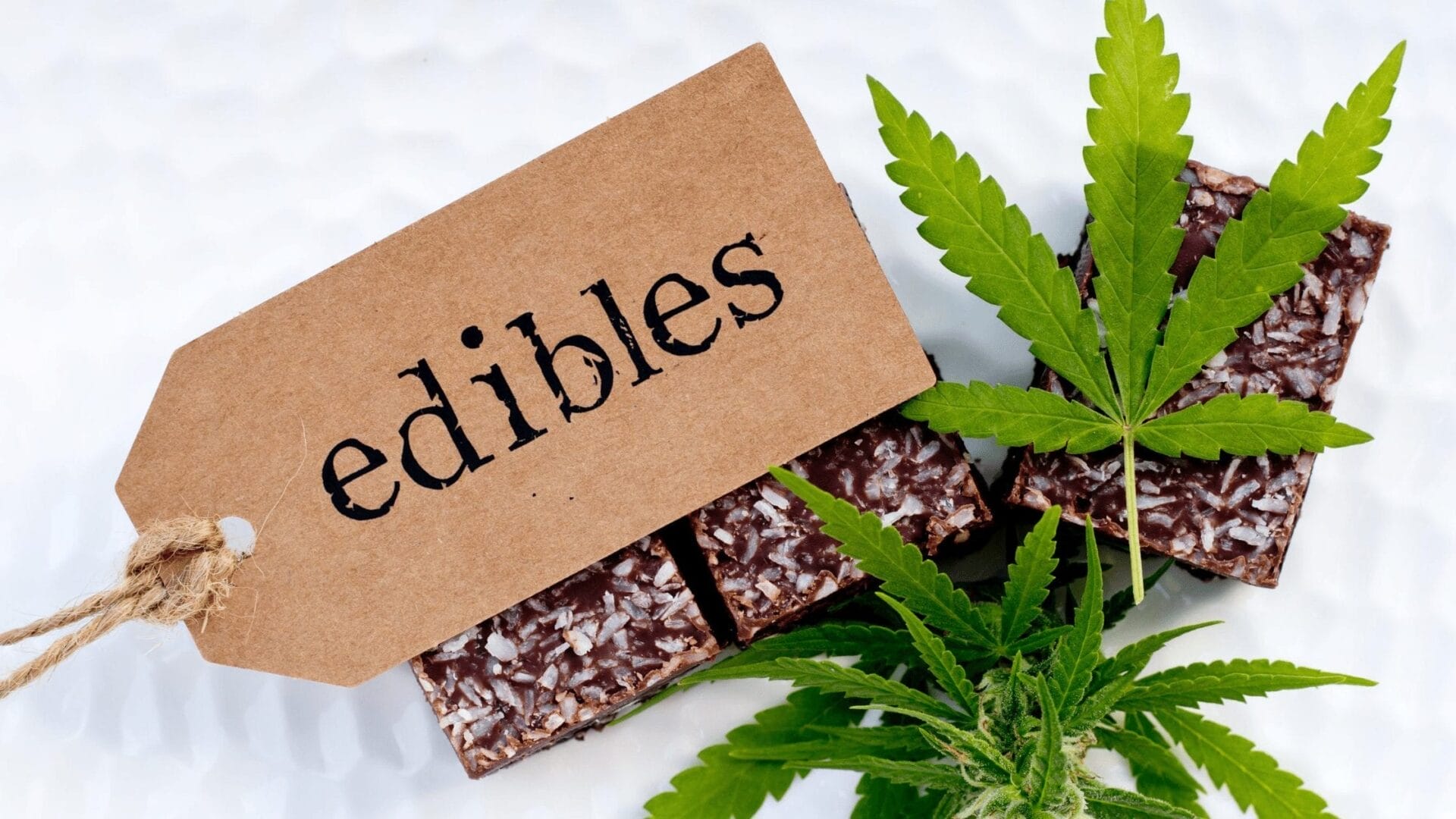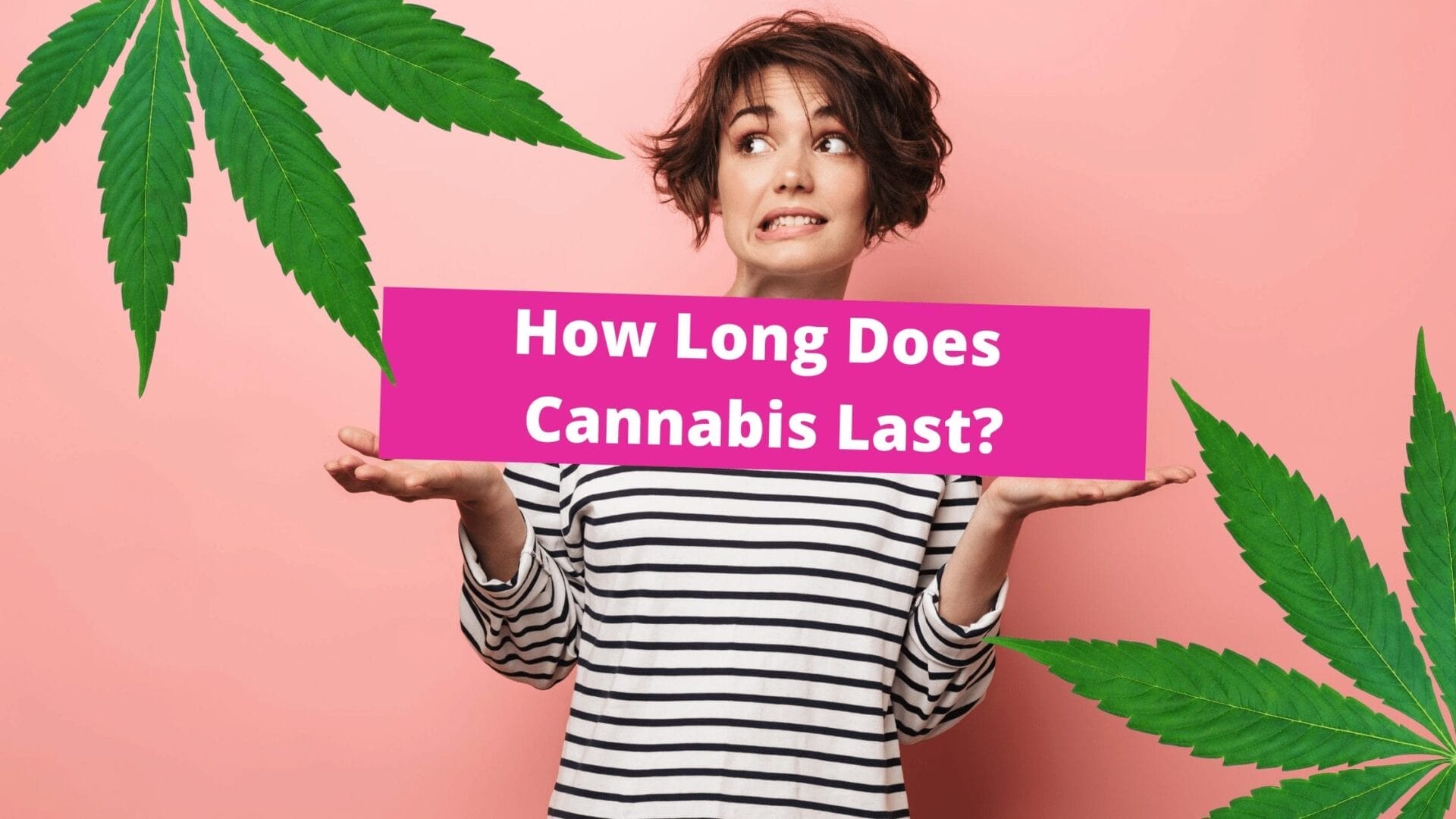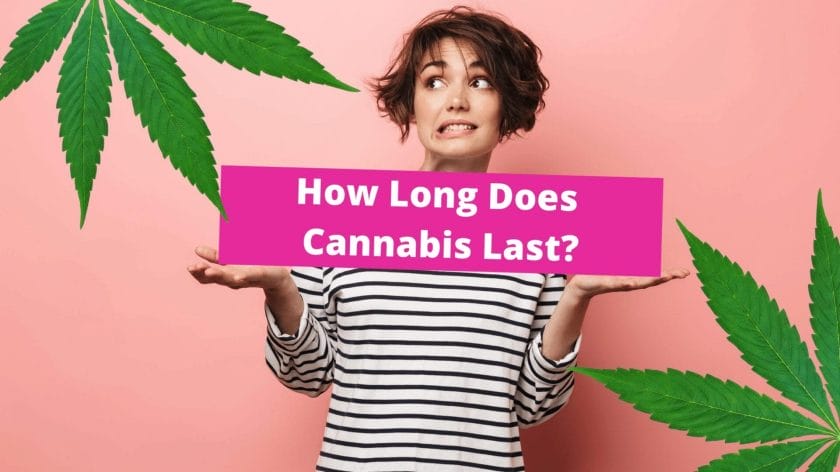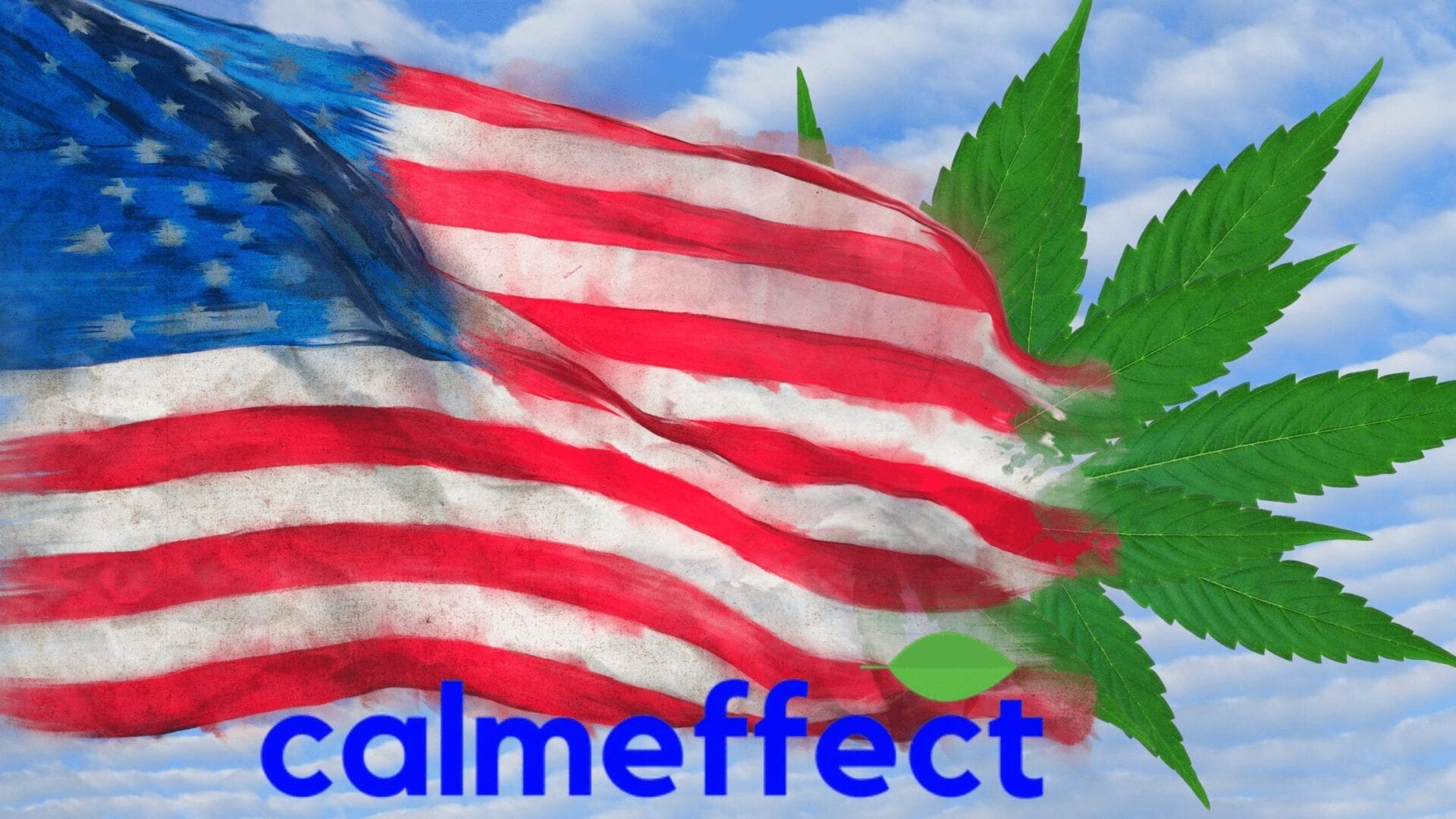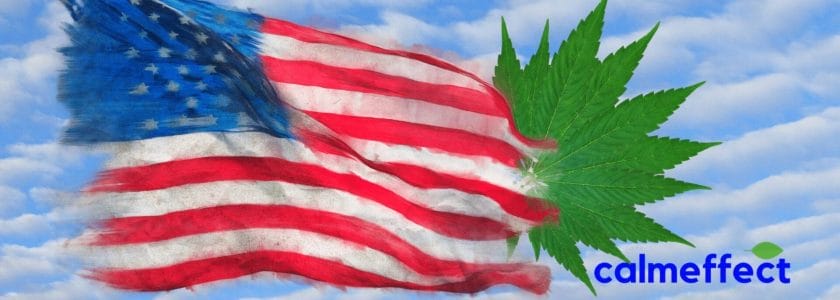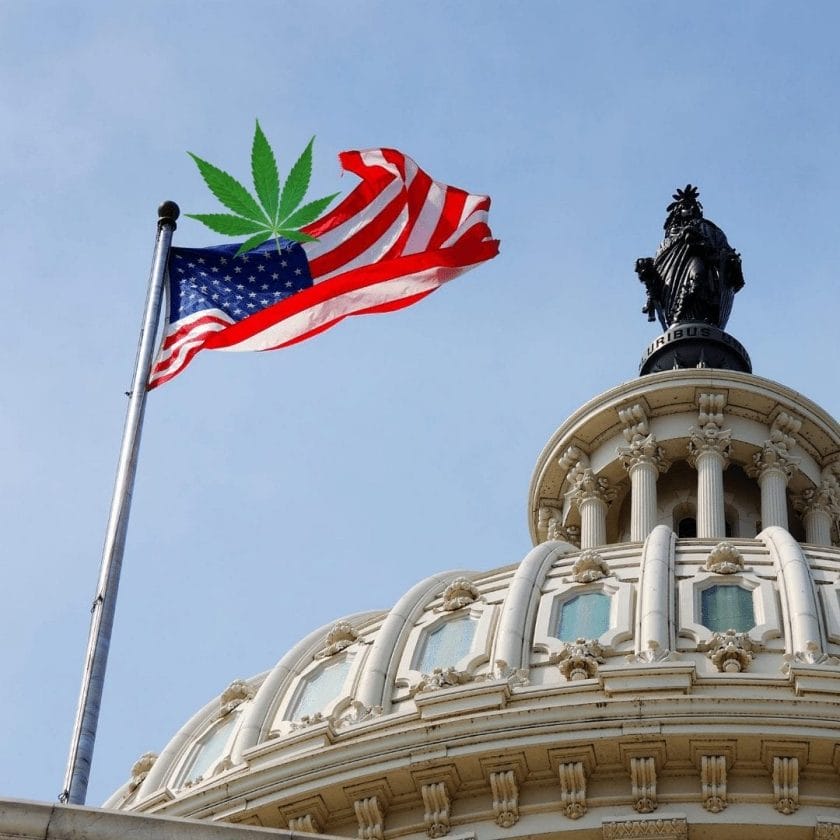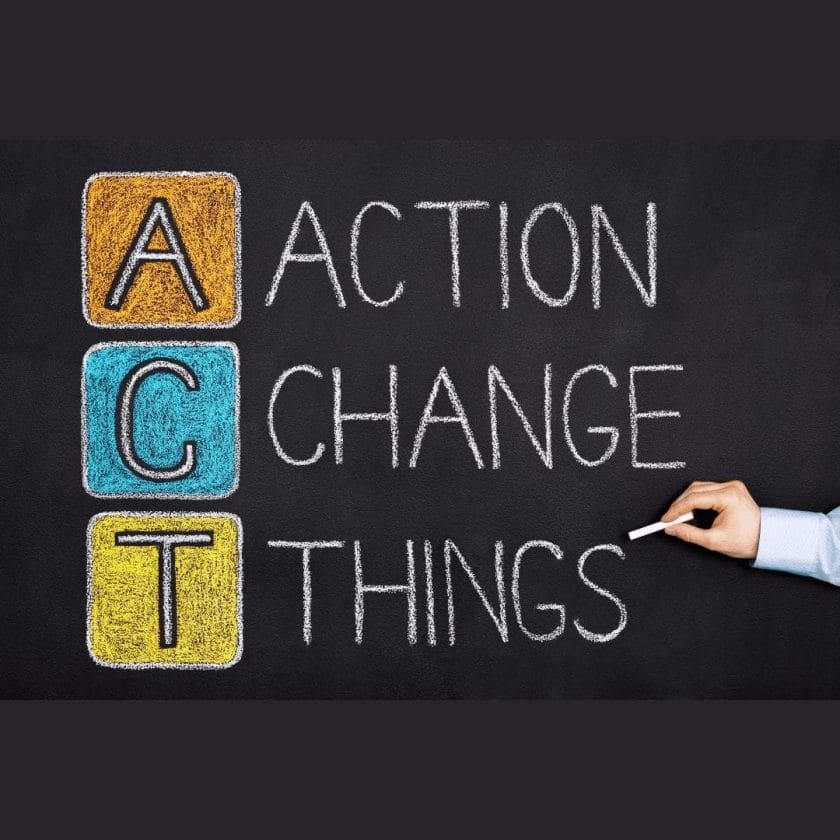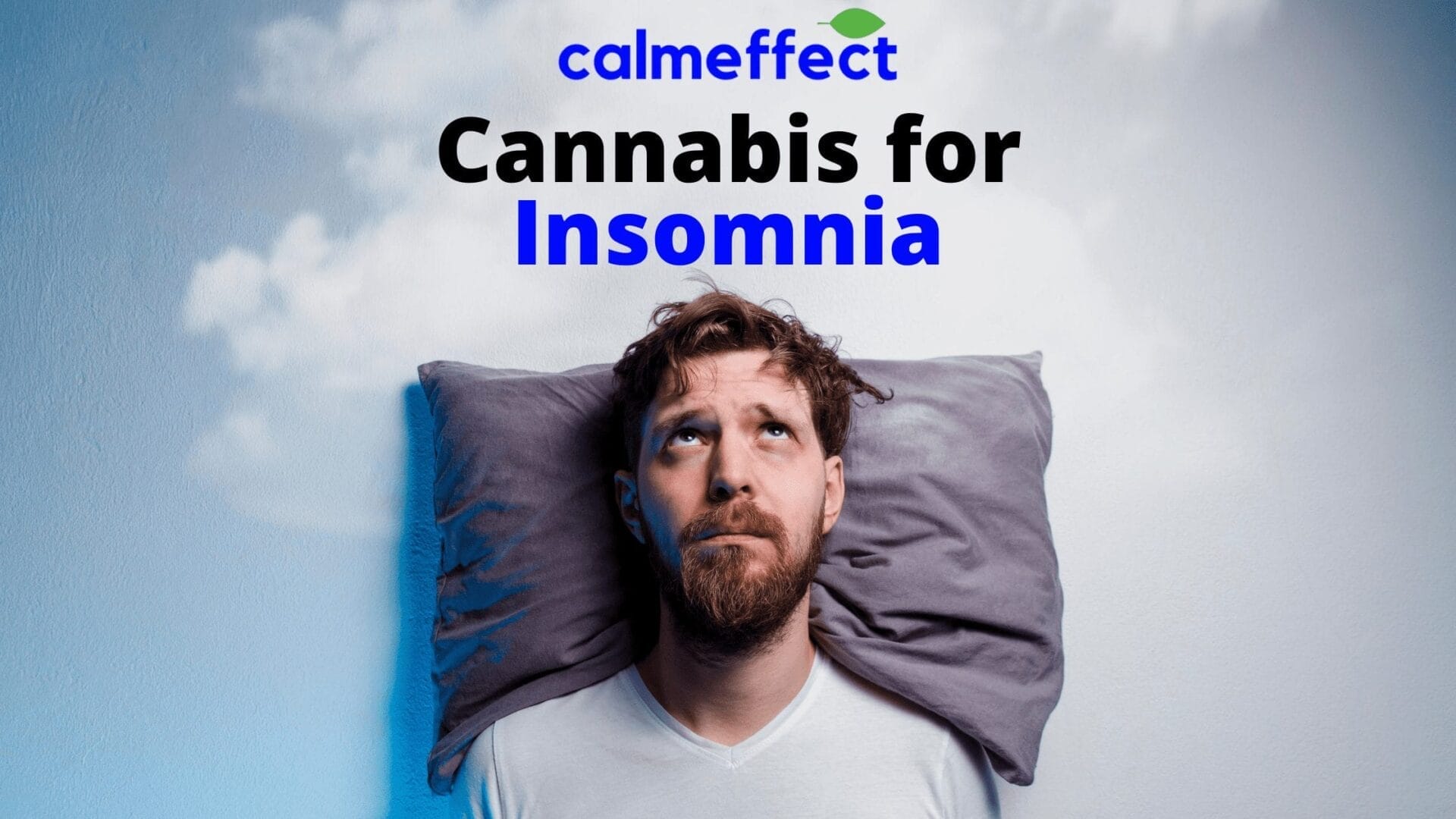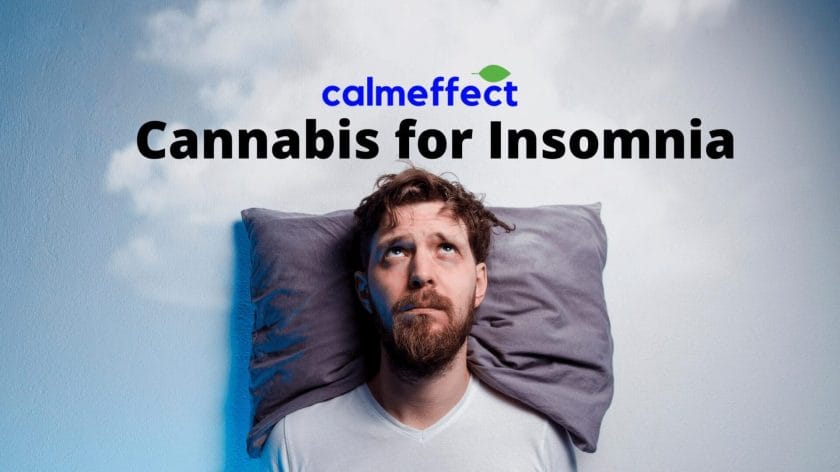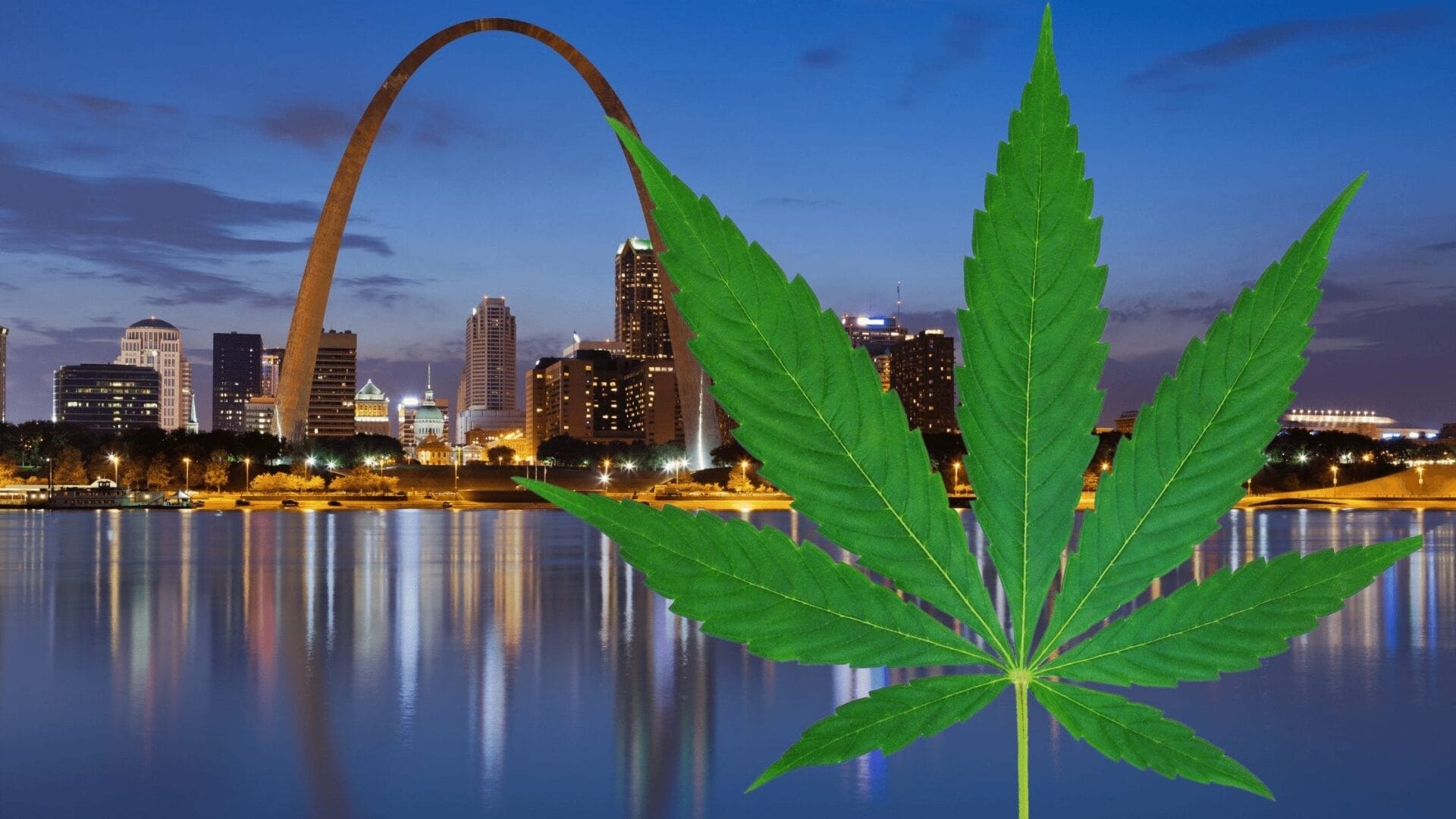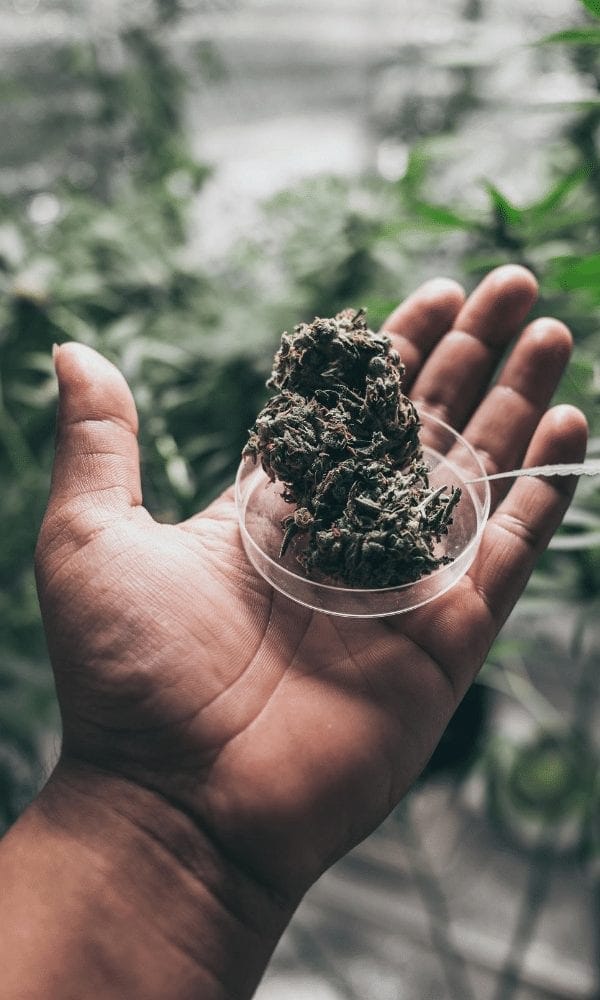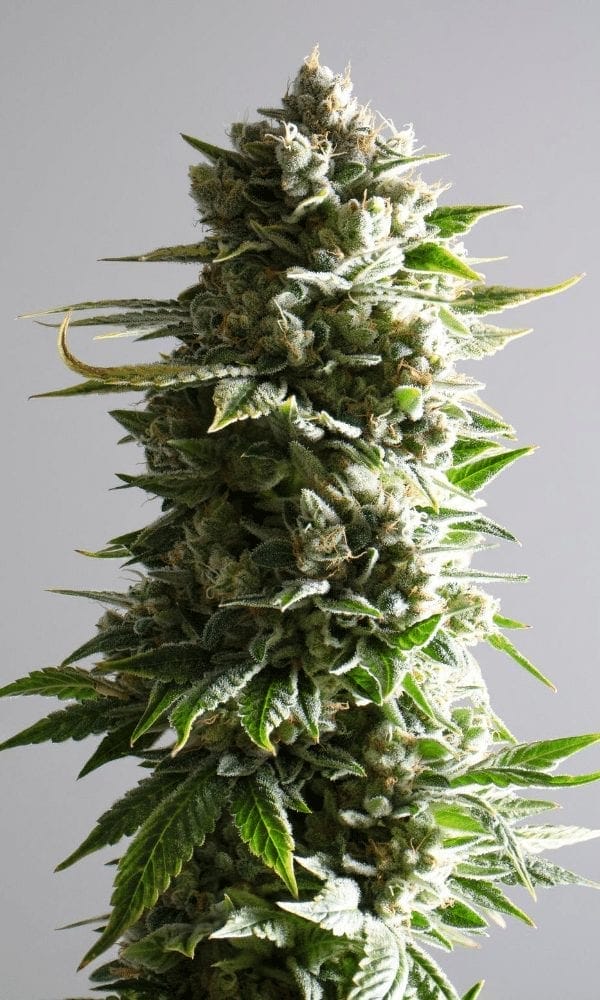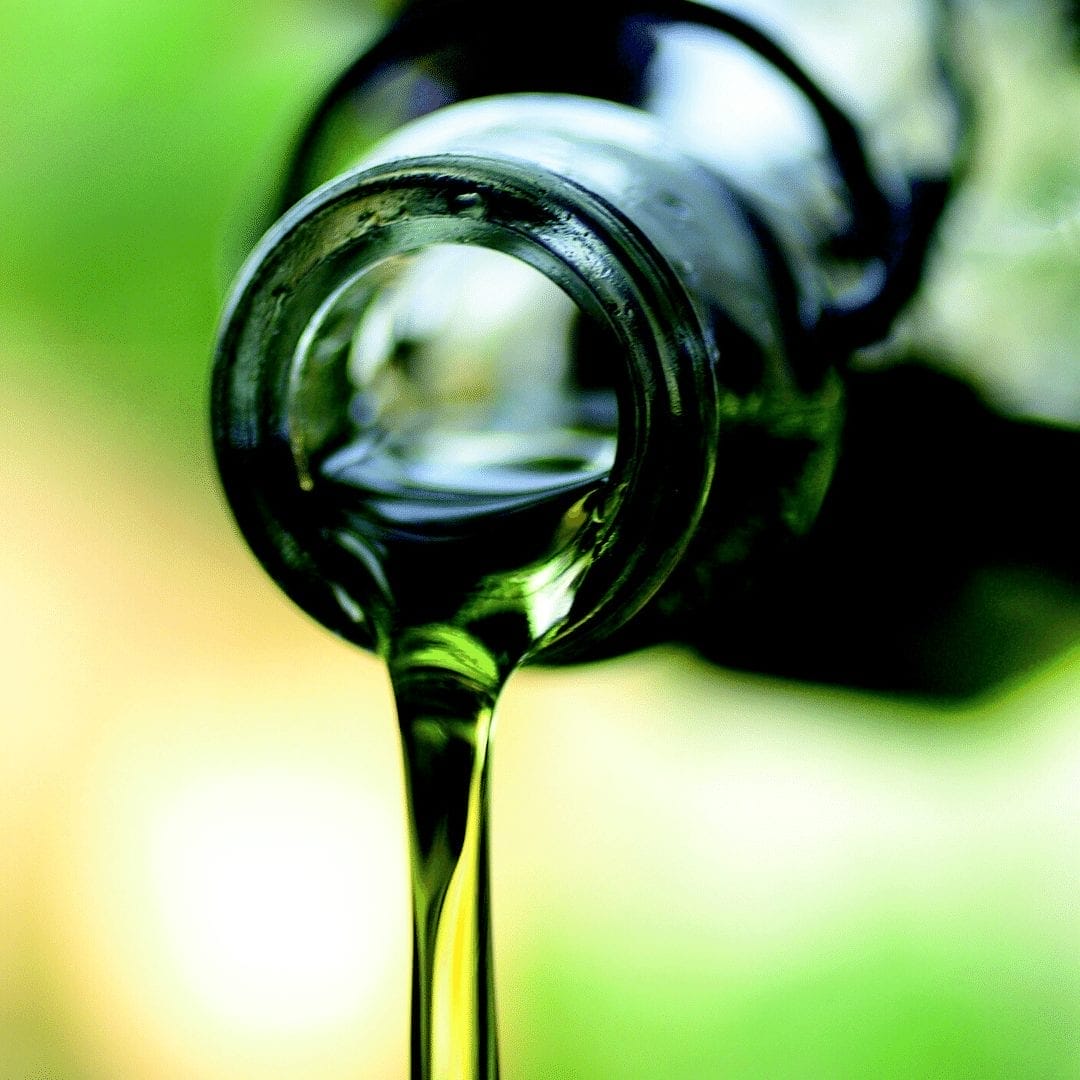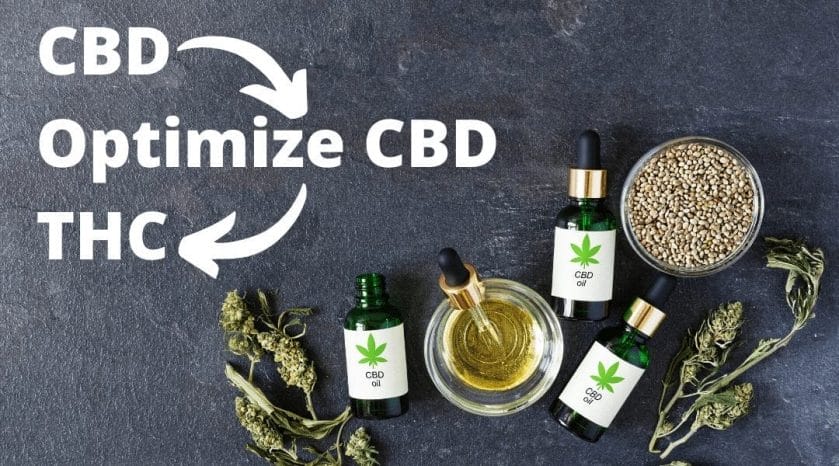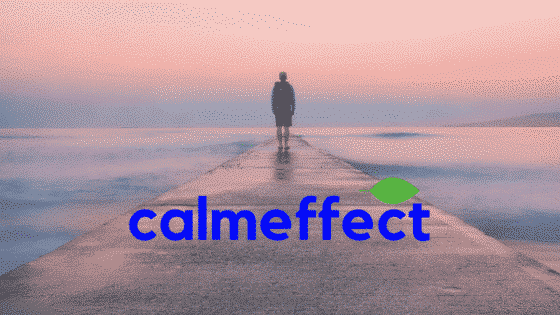Today we are going to talk all about a question we get all the time…..How Does Cannabis make you feel? We will address CBD and THC in terms of how it makes you feel as we want you to be informed about your options. To understand how Cannabis makes you feel, we must first truly understand all the different options that users have with cannabis.
Cannabis is said by many to have a relaxing and soothing effect, but you’re not going to feel CBD the same way you would THC. To explain how cannabis truly feels, we need to look at how both THC and CBD interact with the endocannabinoid system (ECS).
How Does Cannabis Make You Feel? – The Answer is in the ECS System
What is an Endocannabinoid System (ECS)?
This delicate network of cannabinoid receptors keeps the homeostasis or internal stability of all physiological functions. The system regulates metabolism, mood, digestion, sleep, immunity, heart function, and temperature. Cannabinoid receptors are spread on cells around the body. Two main cannabinoid receptors are called CB1 and CB2. They occupy different areas.
CB1 receptors are made of G proteins and found mainly in the brain and the central nervous system. These are responsible for motor functions, stress response, pain perception, and memory. CB1 receptors are activated by endogenous neurotransmitters as well as naturally occurring ones, such as the phytocannabinoids.
CB2 receptors are concentrated mainly in the body organs, mainly on white blood cells, in the tonsils and the spleen, which are responsible for the cardiovascular, immune, and muscular systems.
The ECS is made up of endocannabinoids, receptors that cannabinoids bind to, and enzymes that break them down.
What is the difference between CBD and THC in the ECS?
CBD (cannabidiol) and THC (tetrahydrocannabinol) are the most common chemicals found in cannabis plants. Each plant has more than 100 of these compounds called cannabinoids. THC and CBD are both derived from marijuana and hemp. Marijuana has much more THC than hemp, while hemp contains a lot of CBD.
CBD and THC are chemical twins; they have the same formula ― 21 carbon atoms, 30 hydrogen atoms, and two oxygen atoms. The only difference is the atoms’ arrangement. The molecular structure gives each of them unique pharmacological properties. Once released into a body, they behave differently and travel in different directions.
While THC activates the CB1 receptors, CBD induces the opposite outcome and inhibits the CB1 receptors.
THC – How Does Cannabis Make You Feel
THC binds with both CB1 and CB2 receptors but has a tendency to seek out the CB1 receptors. Once THC gets into your body, it attaches to CB1 receptors and sorta takes over the endocannabinoid system as a whole.
Once THC begins working to control the ECS, it interferes with the chemical signals between neurons and your natural cannabinoids. THC activates CB1 receptors and increases blood flow to the prefrontal cortex of the brain.
You can read the full material here: Neuroimaging in cannabis use. It may activate cognitive changes such as decision-making, attention, and motor skills.
THC binds to CB1 receptors and activates the brain’s reward circuitry, which affects emotional and memory functions.
For further information, check the link: Marijuana and cannabinoid regulation of brain reward circuits. Remember what made you eat a pack of chips instead of salad? Now you know how it works.
THC is a psychoactive compound: it attaches to the receptors found within the brain along with CB1 receptors and activates them. The intoxication causes:
- euphoria sensation,
- relaxation
- potentially increased hunger
- possible sensitivity to light, color, touch, taste, and smell
- some experience creativity boosts
- Many feel amusement (laughter)
Some people do experience negative feelings while taking THC. To avoid this it is ALWAYS BEST TO START LOW (mg dosage) and SLOW to find the perfect amount to achieve symptom-relief for the ailment you are using medical marijuana to help with. Here are a few of the negative effects some have reported:
- short-term memory loss,
- high blood pressure.
- nausea/vomiting
- racing heartbeat
- anxiety/panic/paranoia
- confusion/delusions/hallucinations
It’s important to note that most people do not feel these negative effects of THC unless they have consumed too much for their bodies. Take it slow and low and its reasonable to assume you can mostly avoid the negative feelings that the minority of users have reported.
CBD – How Does Cannabis Make You Feel
Depending on the treatment or therapeutic relief you seek, the effects of CBD can vary. Different CBD products may prove more beneficial than others. For instance, CBD-infused topicals have been reported to provide relief in pain-specific areas, while CBD oil may be better suited to help with an overall feeling of calm in the body.
Individual-specific characteristics such as your weight, diet, metabolism, other medications, genetics, and medical conditions, as well as the formulation and quality of the CBD product (3rd-Party Tested, Terpenes, etc.) could all influence the amount of therapeutic value that CBD will offer. Not only does it depend on the individual, but also their ailment or condition. Depending on the therapeutic needs, different CBD products may prove more beneficial than others. Source.
Hemp-derived CBD oil will not make you feel high or produce an intoxicating effect. In fact, it’s one of over 100 non-psychoactive (or non-intoxicating) chemical compounds found in cannabis. Instead of getting you high, CBD feels relaxing and calming without producing any mind-altering effects.
The difference with CBD is that it doesn’t activate CB1 receptors and therefore has no intoxicating effect. High concentrations of CBD in a consumed product such as CBD oil or taking more than recommended might cause an uplifting sensation. However, that’s not the same thing as being stoned. High doses of CBD could be a reason for some side effects, such as dizziness, nausea, or diarrhea, but this is not a feeling of a high.
As for how it actually makes you feel, it’s more of a subtle effect.
“If you have pain or anxiety, once the effects of CBD start setting in, it’s almost like it’s whisked away and it’s not there anymore.” —Drew Todd
CBD oil is more about what you don’t feel. If you have pain or anxiety, once the effects of CBD start setting in, it’s almost like it’s whisked away and it’s not there anymore. CBD is not about changing your current mental state or about getting high, its more about alleviating whatever it is that ails you so that you can live a more symptom-free life. Source.
Here are some common feelings that CBD-users report:
- Better sleep
- Less pain/Pain Relief
- Less Stress
- Improved mental focus
- Reducing anxiety and depression
- relieving nausea and vomiting
- fighting acne
- reducing spasticity in people with multiple sclerosis
- treating epilepsy
- lowering blood pressure
- reducing inflammation
Summary
Ultimately the consumption decision is yours. We have clients that enjoy all consumption methods for cannabis products with and without THC.
Both CBD and THC have been reported to help with a long list of ailments for hundreds of thousands of people every year. Whichever product or route of consumption is best for you, we always encourage our customers to try various routes and doses to find the perfect mix of medication and relief. We often recommend a few things:
- Try CBD first to see if CBD can help alleviate your symptoms alone
- If CBD isn’t quite enough, try THC products
- If using THC products, we always recommend ALSO using CBD products so clients can realize the benefits of both along with the entourage effect.
Here at CalmEffect, we can help you with either Cannabis route. We carry a wide variety of high-quality, 3rd party-tested CBD products that we can ship right to your door. If THC is your preference, we can help you get your legal use card in your state.
